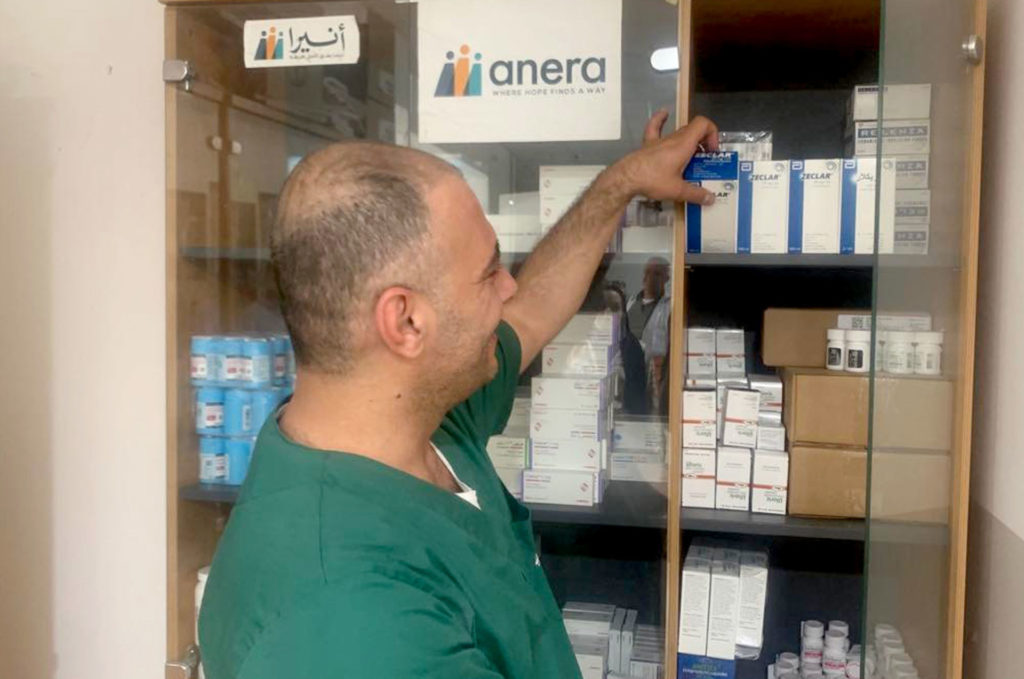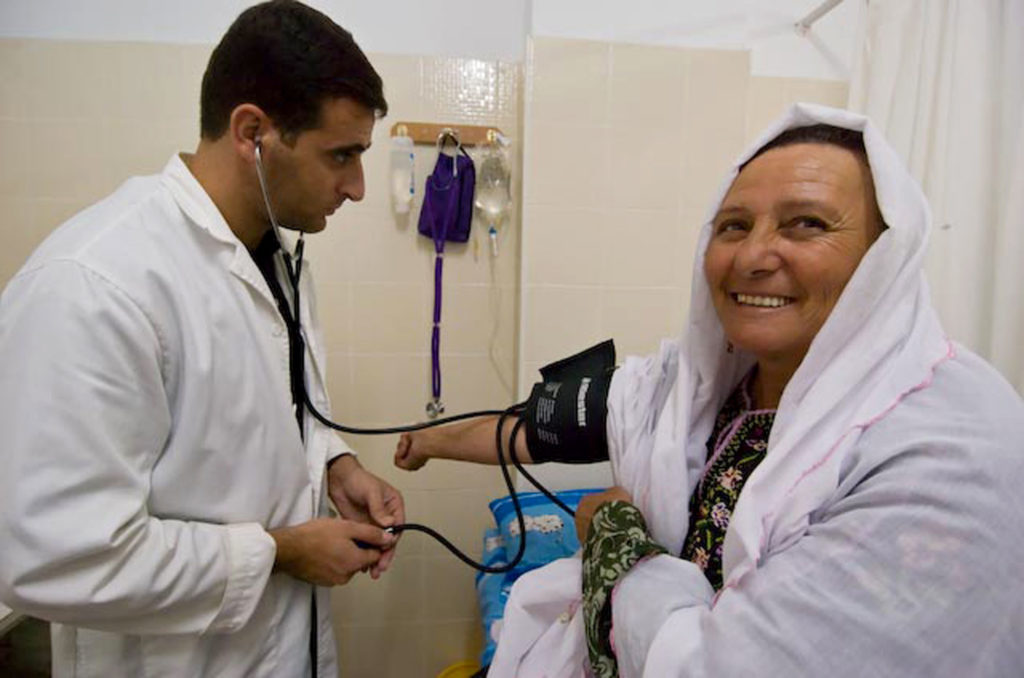Aug, 2009
In the Treatment and Rehabilitation Center for Victims of Torture (TRC), located in downtown Ramallah, Arafat, a 28-year-old man who suffered for years in Israeli prisons, explained his improvement since coming to the center.
“Before my treatment here,” Arafat said as his eyes wandered restlessly around the room, “I was highly anti-social and had a very problematic relationship with my family. Now I am eager to work, learn and educate myself.” For four years, Arafat had been subjected to harsh treatment and had been transported between different prisons. As a result, he experienced trauma, numerous psychological disorders and depression.
Away from the hectic and crowded streets of Ramallah, the TRC provides a quiet and relaxing haven for patients such as Arafat. It was established in 1997 and now has branches in Jenin, Nablus and Hebron. The center provides training and workshops on human rights, conflict resolution, international law, stress management and psychological health for governmental organizations, non-profits and universities. The staff is made up of qualified psychiatrists and social workers.
To help the patients who come to the center for help, TRC holds regular individual as well as group therapy sessions, acupuncture, psycho-education sessions with the patient and his/her family, and summer camps for children affected by torture. The center has a strict monitoring system through which doctors can evaluate patients and vice versa, to maintain a high level of transparency and professionalism.
“Many patients at TRC have family members who are torture victims at Israeli prisons, where they may endure isolation, sleep deprivation, beating and other extreme methods of torture,” explains Dr. Nidal Hamad, the center’s psychiatrist.
Recently, Anera delivered a shipment of donated medicine from AmeriCares to TRC. The antidepressant known as Paroxetine is helping patients reintegrate themselves into society. “It is essential that victims of torture are provided with immediate help and treatment because they might inflict torture – similar to the torture they’ve endured – on others,” says Dr, Hamad.
“I always leave the center relaxed and stress-free,” said Hasan. Hasan had an imprisonment experience similar to Arafat’s, but as Dr. Hamad explains, Hasan’s depression is acute and the daily dose of Paroxetine is essential for his mental and physiological well-being. On top of his psychological condition and a related tremor in his body, he has two imprisoned sons. He has been in prison intermittently for seven years. “With the help of the center and this medication,” Hasan continued, “My condition has completely improved. I am now a construction worker and my financial situation is much better.”
The victims at TRC suffer from different levels of depression, trauma, obsessive thoughts, physiological disorders, disturbed behavior, isolation, mood swings, psychosis, schizophrenia, and many other psychological problems.
Dr. Hamad explained, “[The delivery of] medication such as Paroxcetine is indispensible for the treatment of many patients. The medicines patients require are very expensive and most here can’t afford them. That is why this donation from AmeriCares is so important.”
Both Arafat and Hasan avoided getting into detail about what they’ve endured while imprisoned. Although their words were reassuring, their eyes, gestures and voices gave away the high level of complexity and the many dimensions of their psychological dilemma. While a “full recovery” may never be possible, good counseling and support from the center go a long way toward alleviating their suffering.


